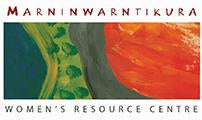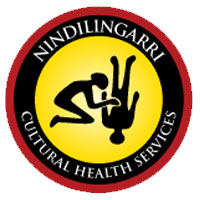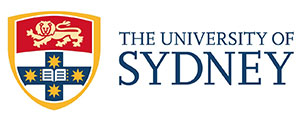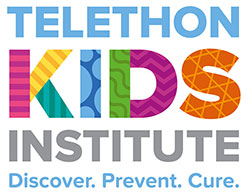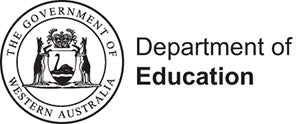The Fitzroy Valley
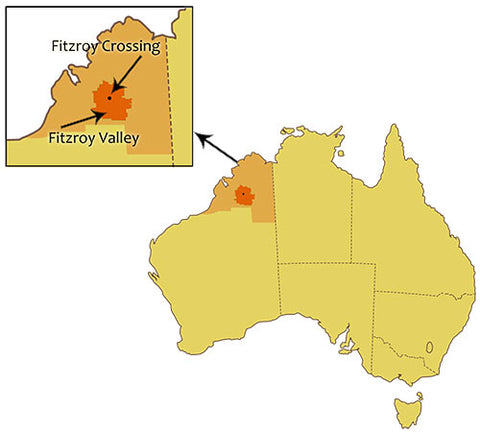 |
Understanding the Marulu Strategy contextThe Fitzroy Valley is 2500 km North of Perth and 400 km east of Broome, in the remote West Kimberley region of Western Australia, with Fitzroy Crossing town at its centre. The Valley is home to approximately 4500 people, 80% of whom are Aboriginal, belonging to five language groups (Bunuba, Walmajarri/Wangkatjungka, Nyikina and Gooniyandi). There are 45 distinct communities ranging from larger communities (300 people) in the Fitzroy Crossing town site to small Aboriginal cattle station communities with as few as 10–20 people depending on the season. In 2007, these communities were in crisis with high rates of alcohol abuse, alcohol-related harms, violence and crime. During that year, there were 55 deaths (13 being suicides), with a coronial enquiry finding alcohol to be a factor in many deaths (June Oscar, personal communication, 2010). In the face of resistance from those with a vested interest in the sale of alcohol, brave local women led their community to successfully lobby for restrictions on take-away sales of full strength alcohol such that: the sale of packaged liquor, exceeding a concentration of ethanol in liquor of 2.7% at 20°C, is prohibited to any person, other than a lodger (as defined in Section 3 of the Liquor Control Act 1988). The benefits of these restrictions for the community were both immediate and enduring. One year after introducing the restrictions, an independent evaluation showed a 28% reduction in alcohol-related police tasks, a 36% reduction in alcohol-related presentations to hospital, a 14% increase in school attendance and a reduction in the sale of pure alcohol from the Crossing Inn from 104 l/day to 23 l/day. A new state of sobriety had emerged in Fitzroy Crossing, and a number of remote satellite communities in the Fitzroy Valley took steps to become ‘dry communities’, with complete alcohol bans. The community became aware of a range of conditions called fetal alcohol spectrum disorders or ‘FASD’ and recognised the signs and symptoms in many children. In 2009, members of Nindilingarri Cultural Health Services and Marninwarntikura Women's Resource Centre, in collaboration with community members, health and education professionals, developed a strategy to overcome FASD and early life trauma in the Fitzroy Valley. They called the strategy Marulu. This is a word from the Bunuba language meaning ‘precious, worth nurturing’, which reflects how they feel about children. The three priorities of the strategy are to prevent FASD, diagnose FASD and support affected families. Building on existing relationships, the community invited The George Institute for Global Health and the Sydney Medical School, University of Sydney, to partner with them in the Lililwan Project to enable FASD diagnosis and determine prevalence. Prior to commencing this work, extensive community consultation was undertaken to identify potential risks and benefits, resulting in well-informed and widespread community support. (Extract from the report, "The Lililwan Project: study protocol for a population-based active case ascertainment study of the prevalence of fetal alcohol spectrum disorders (FASD) in remote Australian Aboriginal communities", 2012.)
Indigenous Hip Hop Projects - Fitzroy Crossing - "Fitzroy Hip Hop" |

